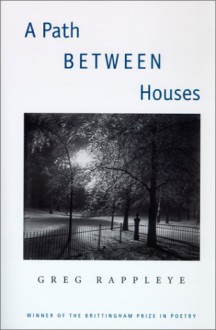
I began reading Marie Howe when I was an undergrad taking my first poetry workshops. At first, I wasn't sure I liked her style, which is deceptively simple or plain. This was a contrast to many other poets I was introduced to at the same time, such as Mark Doty and Yusef Komunyakaa. But somewhere along the line, I fell in love with her aesthetic, and that first book of hers I read, What the Living Do, remains a favorite and a touchstone.
I now recognize and admire the delicate straightforwardness of Howe's language, which packs as much power as any formal poem or one with more verbal jujitsu. Her lines can be long, with lots of room between them or stanzas. They feel quiet, contemplative, so when there's a turn or revelation coming, it heightens the impact. I'm trying to explain her appeal, but part of it is that I can't. Or I could if I analyzed it to death, and I prefer letting the magic linger.
The poems' subjects range from desire to mental health, self-perception, spirituality, and motherhood. Though I don't read the book like one overarching narrative, it does feel like there's an arc; there's a fullness to that arc that somehow replicates the sensation of completing a big, fat novel. You have an idea of a life.
Here's a favorite:
How the Story Started
I was driven toward desire by desire.
believing that the fulfillment of that desire was an end.
There was no end.
Others might have looked into the future and seen
a shape inside the coming years --
a house, a child, a man who might be a help.
I saw his back bent over what he was working on,
the back of his neck, how he stood in his sneakers,
and wanted to eat him.
How could I see another person, I mean who he was--apart from me--
apart from that?

 Log in with Facebook
Log in with Facebook 







